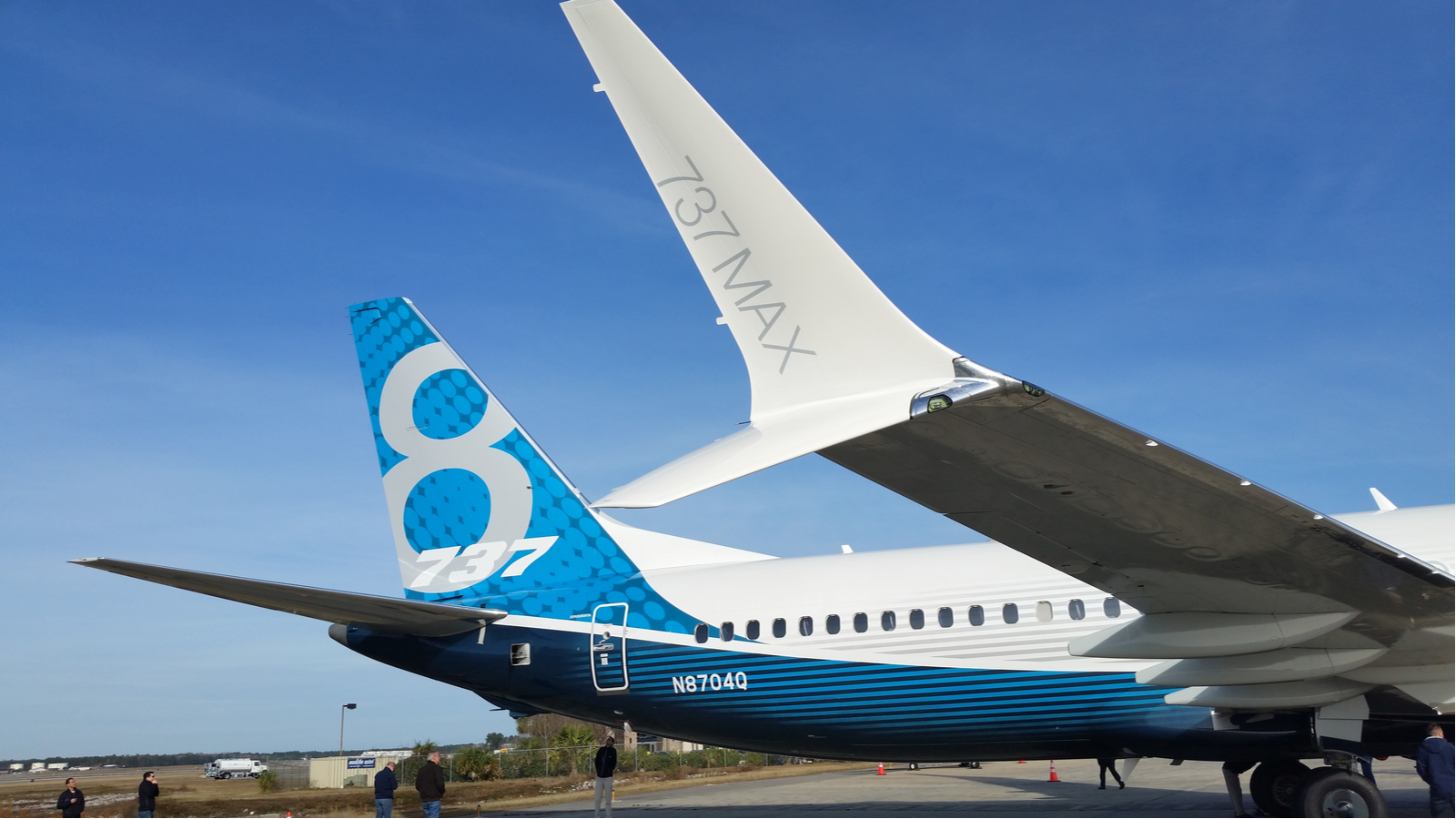Boeing (NYSE:BA) is a company that some may consider too big to fail — too important to the U.S. economy and global aviation. Even former President Donald Trump said “We can’t let anything happen to Boeing,” back in 2020. Boeing stock would always be around, even when it was hurting.

What about Boeing stock now? Some analysts argue that it could well rebound in the post-coronavirus era. It is too soon to know that yet, but what I do know is that Boeing is facing a multi-dimensional crisis now. And this crisis makes it too hard for Boeing stock to be an attractive investment. Lets look at five key reasons that support my investment thesis.
Airline Industry Global Outlook Is Not Optimistic
The International Air Transport Association (IATA) published a semi-annual report about the economic performance of the airline industry in late Nov. 2020.
The outlook is not an optimistic one. Key points mentioned in this report are the following:
- Cost cutting from airlines. According to the report, “cash burn is forecast to continue until the fourth quarter of next year.
- Expected net losses of $118 billion in 2020 and $38 billion in 2021.
- A disparity between haves and have nots. From the report: “A number of airlines have substantial cash reserves to survive until revenues rise strongly late next year. But many airlines do not.”
For Boeing, this forecast spells trouble.
Another key observation in this report is that amid a very challenging industry outlook, airlines may cancel or postpone more aircraft deliveries. This is the first crucial scenario that adds up to a series of potential troubles ahead for Boeing. If these cancellations or postponements are to occur, lower revenue is expected for Boeing.
Boeing Market Outlook Is Not Optimistic Either
In late 2020 Boeing published a version of its long-term market forecast. It lowered the forecast for aircraft demand in the near-term due to the pandemic.
“The 2020 Boeing Market Outlook includes projected demand for 18,350 commercial airplanes in the next decade – 11% lower than the comparable 2019 forecast – valued at about $2.9 trillion. In the longer term, with key industry drivers expected to remain stable, the commercial fleet is forecasted to return to its growth trend, generating demand for more than 43,000 new airplanes in the 20-year forecast period.”
With financial projections suggesting that airlines may not return to their pre-pandemic business levels at least for a few years, Boeing realizes that tough times are ahead. Still, the company is optimistic that there is more stability in the global defense and government services markets.
A Severe Reputational Crisis
The 737 MAX story has hurt the brand reputation of Boeing. Many things went wrong with this series of aircraft. One severe fact is that Boeing was charged with a 737 Max fraud conspiracy. The company agreed to pay a fine of over $2.5 billion to resolve criminal charges.
The good news about Boeing is that the U.S. Federal Aviation has allowed the 737 MAX to fly again after about 18 months of being grounded. Boeing also was permitted to fly the 737 MAX in Europe as well.
This reputational harm to me is too hard to ignore. It can hurt Boeing’s sales, and while it may take time to be forgotten, the brand reputation and image of a company are among top priorities for its management. It could be the case for Airbus (OTCMKTS:EADSY) to gain a larger market share in the coming years due to this Boeing unfortunate business news.
Latest Earnings Report Was Too Negative
The fourth-quarter 2020 financial report showed the deep business crisis for Boeing.
For the full year, 2020 revenues fell to $58 billion, down 24% compared to $76 billion in 2019. But what was troublesome is not this decline in revenue. Loss from operations widened to $12.7 billion in 2020, operating margin fell to -22% and free cash flow losses widened also to $19.7 billion. For 2019 the figures for loss from operations, operating margin, and free cash flows were $1.9 billion, -2.6%, and -$4.28 billion respectively.
The bad news continues. According to Boeing’s report, the “777X program recorded $6.5 billion pre-tax charge; first delivery expected in late 2023.”
All these losses and pre-tax charges are reflected in lower shareholder’s equity, making the book value of Boeing lower. And even worse Boeing has negative common stock equity as of 2019, which just got worse in 2020.
Growing Debt is a Huge Problem and Risk
Boeing has to fix its debt problem as soon as possible. The level of long-term debt has grown from $10.5 billion in 2018 to $61.9 billion in 2020. On Feb. 2, 2021, Bloomberg reported that “Boeing Co. sold $9.825 billion of bonds Tuesday, looking to refinance an over-levered balance sheet that swelled to keep money flowing in the pandemic.”
While this is a correct move for Boeing, the company must not only refinance debt with lower interest payments and expenses, but lower it to a level where it poses no threat to the survival of the company. The cash-to-debt ratio for the fiscal year 2020 is not a strong one. Boeing had $25.59 billion in total cash for 2020 and a long-term debt of $61.9 billion as mentioned above. Or a cash-to-long-term debt of only 0.41.
How can a company pay off its debt? The answer is by generating positive free cash flows, which is not the case now for Boeing.
The Bottom Line on Boeing Stock
The stock is too risky and has uninspiring fundamentals. Its valuation is too rich now. While institutional investors will likely support Boeing stock, for individual investors the risks mentioned argue to my financial analysis to avoid the stock at least until a rebound in key financial metrics is reported.
On the date of publication, Stavros Georgiadis, CFA, did not have (either directly or indirectly) any positions in the securities mentioned in this article.
